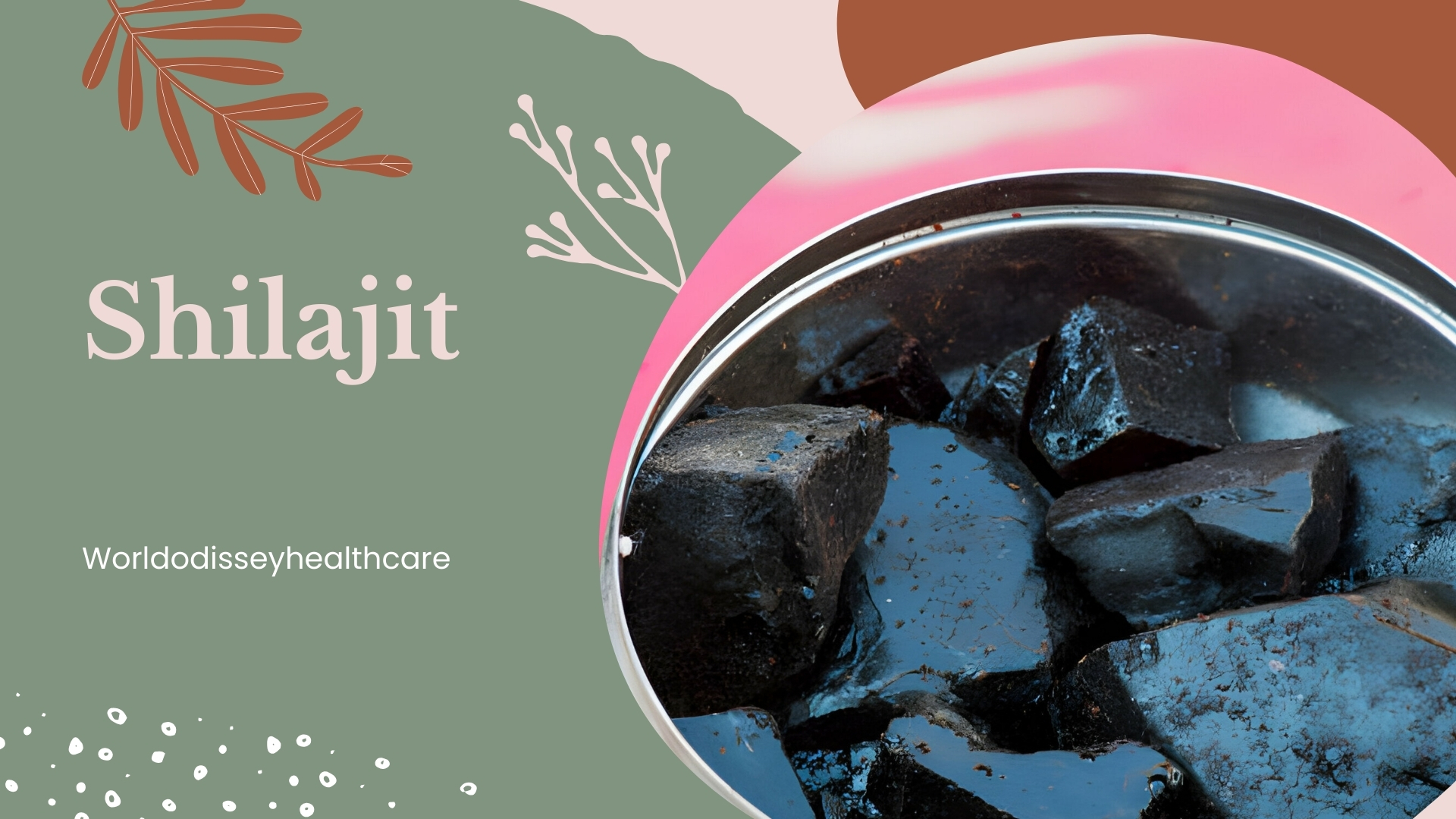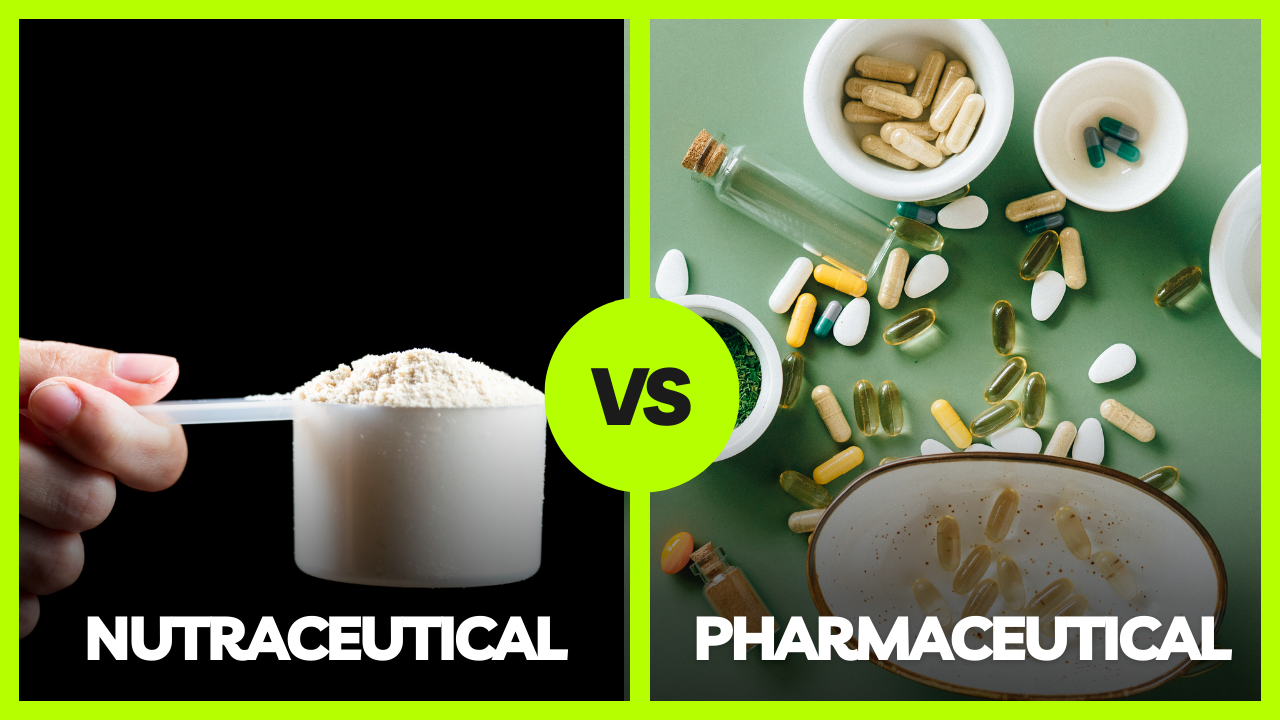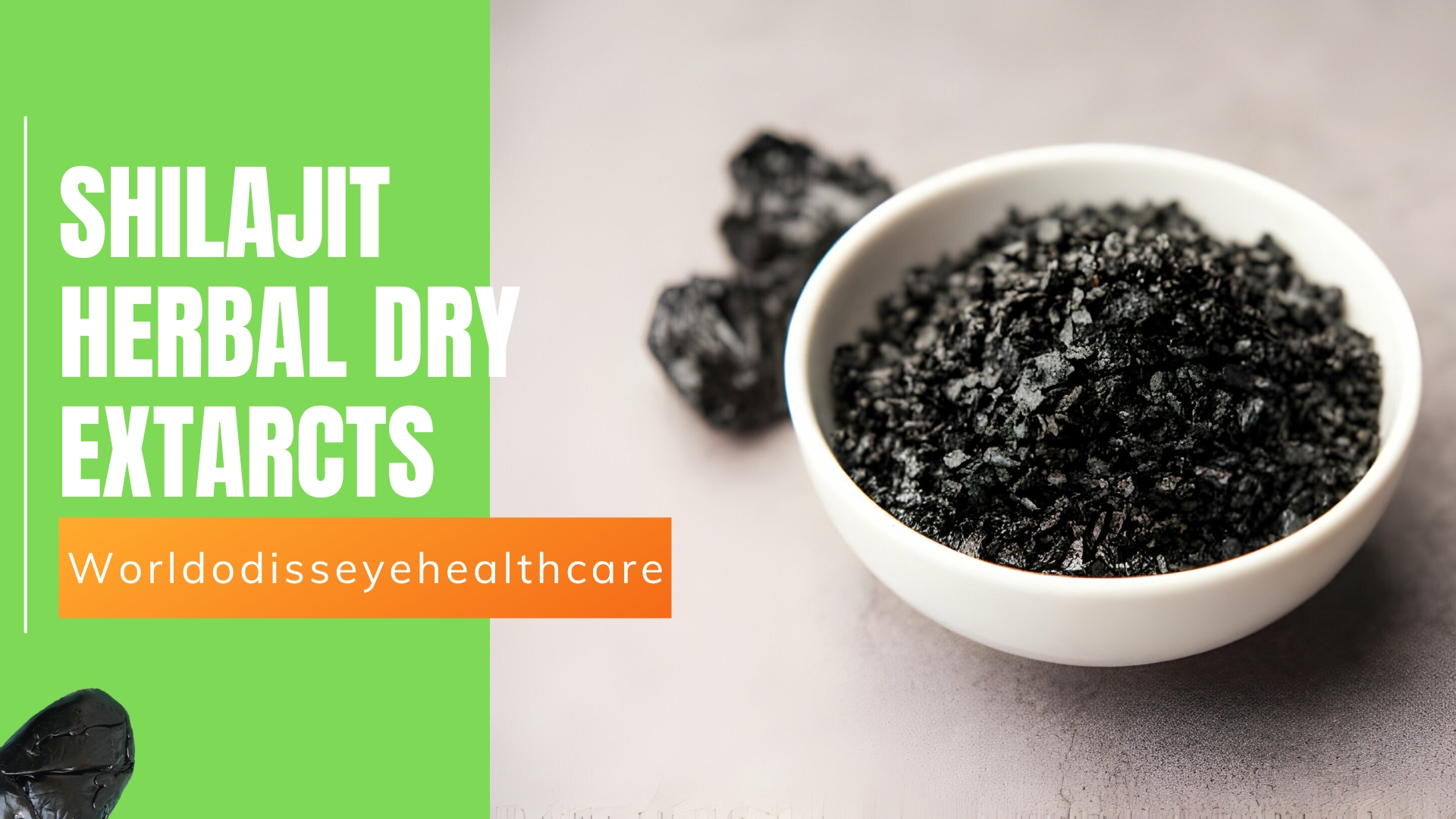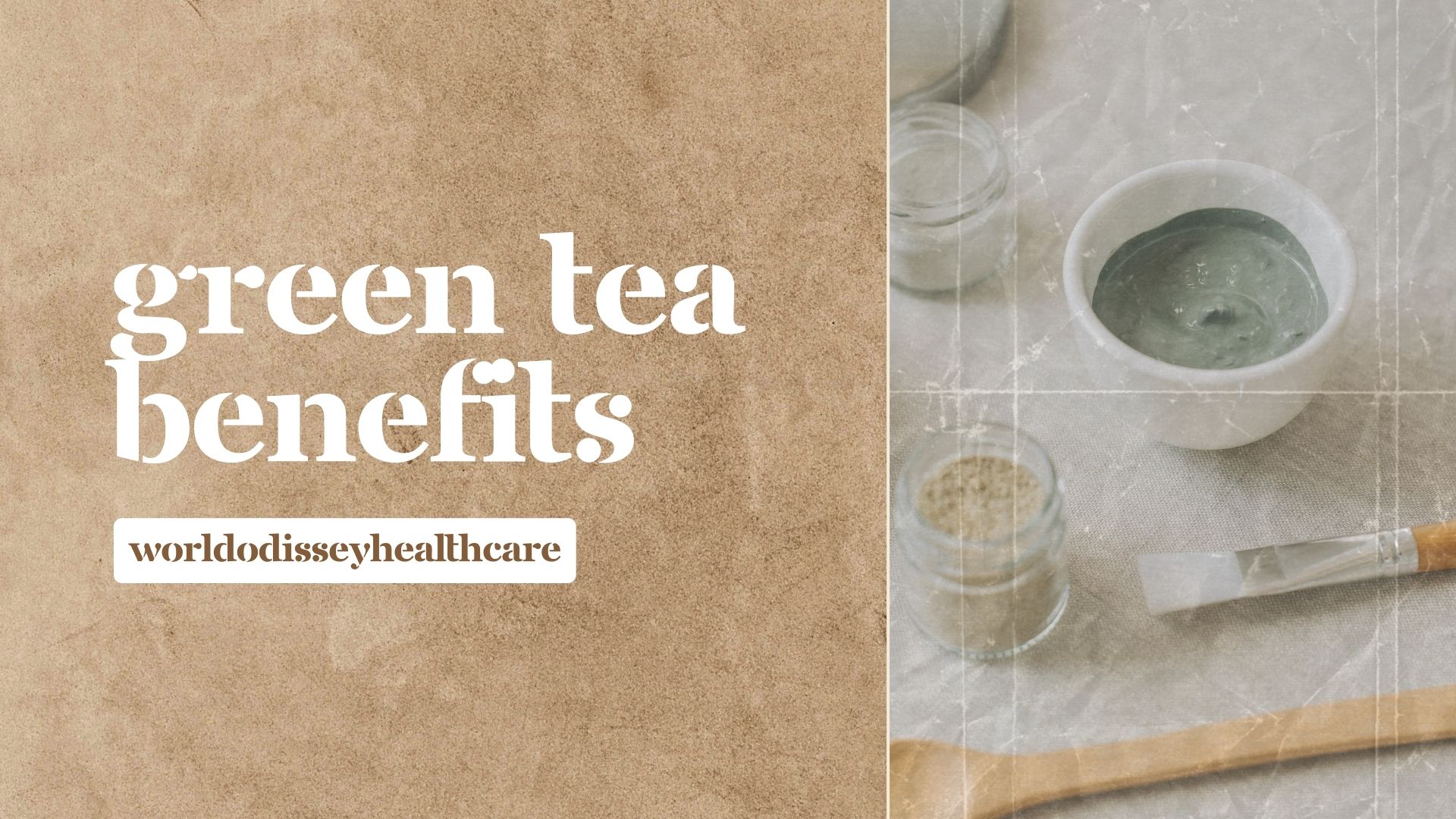Shilajit
Introduction
Definition of Shilajit
Asmaja is a sticky, tar-like substance formed over centuries by the decomposition of plant and microbial matter in mountainous regions. Known for its rich mineral content and therapeutic properties, has been a staple in various traditional medicine systems.
Historical Significance
Tracing its roots back to ancient civilizations, Asmaja holds historical significance in Ayurveda, Tibetan, and Central Asian medicinal practices. It was often considered a symbol of strength and vitality.
Importance in Traditional Medicine(Herbal Medicine)
Asmaja prominence in traditional medicine is rooted in its diverse range of health benefits. From boosting energy levels to promoting cognitive function, its applications are vast and varied.
Composition of Shilajit
Minerals and Trace Elements(Herbal)
One of Asmaja’s key components is its abundance of minerals and trace elements. These include iron, copper, zinc, and magnesium, essential for various bodily functions.
Fulvic Acid
The presence of fulvic acid, a powerful antioxidant, contributes to Asmaja’s anti-inflammatory and immune-boosting properties.
Plant Resins(Herbal)
Asmaja contains plant resins that offer a spectrum of bioactive compounds, adding to its medicinal value.
Microorganisms
Microorganisms present in Asmaja play a role in its formation and may have additional health benefits.
Shilajit Extraction(Herbal)
Natural Formation
Asmaja is formed through the gradual decomposition of plant matter, combined with geological processes. The resin oozes from rocks, forming the sticky substance.
Harvesting Process
Traditional methods of harvesting involve careful collection to preserve the integrity of the Asmaja and maintain its potency.
Traditional Extraction Methods
Various cultures have developed distinct techniques for extracting Asmaja often involving the use of indigenous herbs and practices.
Health Benefits(herbal)
Boosting Energy Levels
Asmaja’s mineral-rich composition contributes to increased energy levels, making it a popular natural supplement for combating fatigue.
Enhancing Cognitive Function
Research suggests that Asmaja may have neuroprotective properties, potentially improving cognitive function and memory.
Anti-inflammatory Properties
The fulvic acid in Asmaja has anti-inflammatory effects, offering relief from various inflammatory conditions.
Immune System Support
The combination of minerals and fulvic acid supports a robust immune system, aiding the body in fighting off infections.
Shilajit in Ayurveda(Herbal)
Ayurvedic Principles
Ayurveda, the ancient Indian system of medicine, emphasizes balance in the body’s energies (doshas). Asmaja is considered a potent substance for achieving this balance.
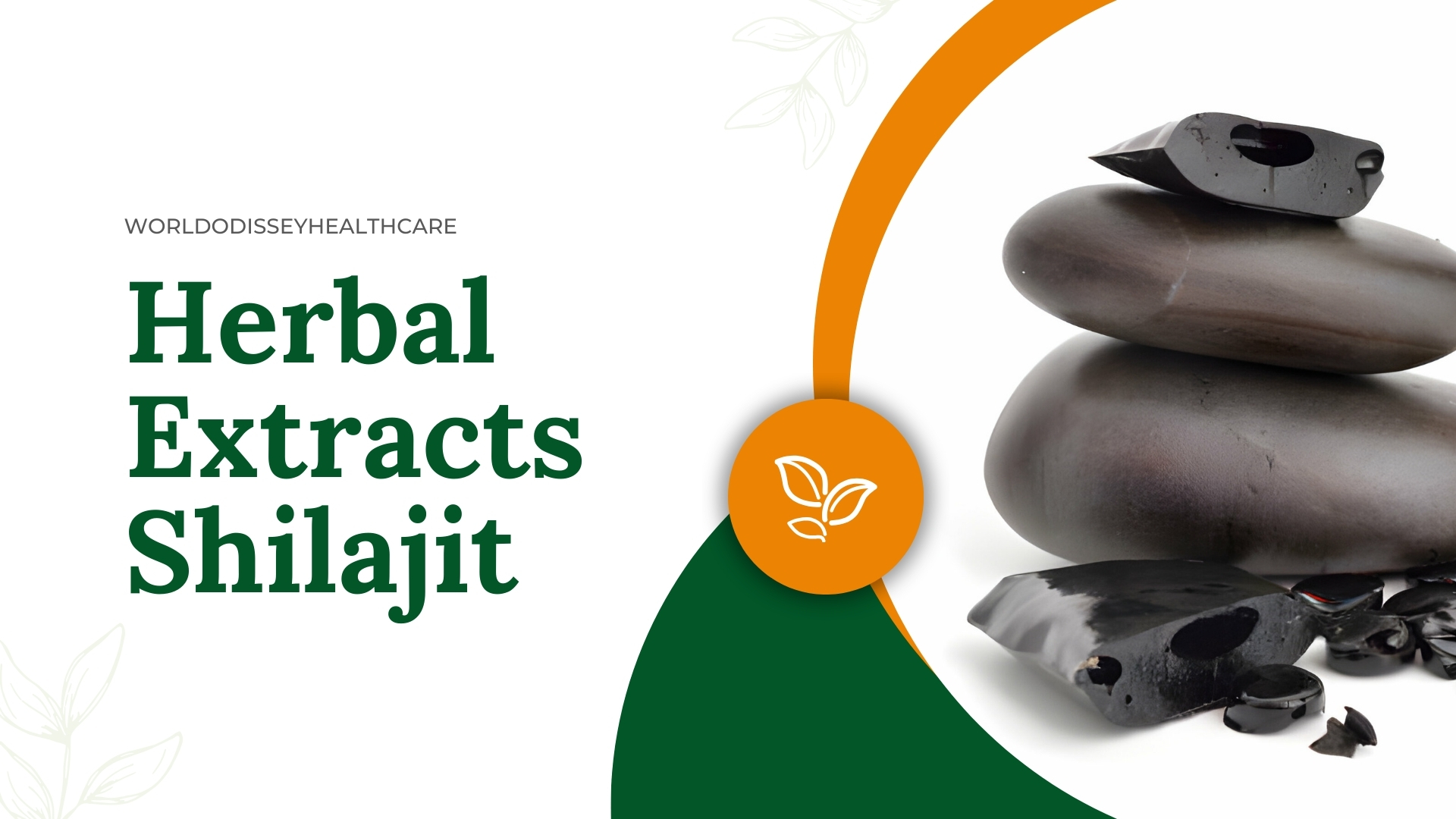
Shilajit’s Role in Ayurvedic Practices(Herbal)
Ayurvedic practitioners use Shilajit in various formulations to address specific health concerns and promote overall well-being.
Ayurvedic Formulations
Asmaja is a key ingredient in Ayurvedic formulations such as “rasayanas,” which are rejuvenating tonics.
Scientific Studies and Research
Recent Studies on Shilajit
Contemporary research is shedding light on Asmaja’s potential therapeutic applications, uncovering its role in areas such as cardiovascular health and anti-aging.
Potential Medical Applications
Scientists are exploring Asmaja’s potential in treating conditions like arthritis, diabetes, and even as an adjunct therapy in cancer treatment.
Supporting Evidence
The scientific community is accumulating evidence supporting the traditional uses of Asmaja’s, aligning ancient wisdom with modern scientific understanding.
How to Consume Shilajit
Dosage Recommendations
Experts recommend varying dosages based on individual health goals and the form of Asmaja. consumed.
Popular Forms (Powder, Resin, Capsules)
Asmaja is available in different forms, including powder, resin, and capsules, catering to diverse preferences and lifestyles.
Side Effects and Precautions
Allergic Reactions
While rare, some individuals may experience allergic reactions to Asmaja. It’s crucial to monitor for any adverse effects.
Interaction with Medications
Consultation with healthcare professionals is advised, especially for those.
Shilajit is a resinous substance formed through the decomposition of plant and microbial matter in high-altitude mountainous regions. It oozes from rocks, creating a sticky, tar-like substance.
The mineral-rich composition of Shilajit provides essential elements like iron, copper, zinc, and magnesium, contributing to increased energy levels and combating fatigue.
Fulvic acid, a powerful antioxidant present in Shilajit, has anti-inflammatory properties and supports immune system function.
Research suggests that Shilajit may have neuroprotective properties, potentially enhancing cognitive function and memory.
Yes, Shilajit is available in various forms, including powder, resin, and capsules, catering to individual preferences and lifestyles.

